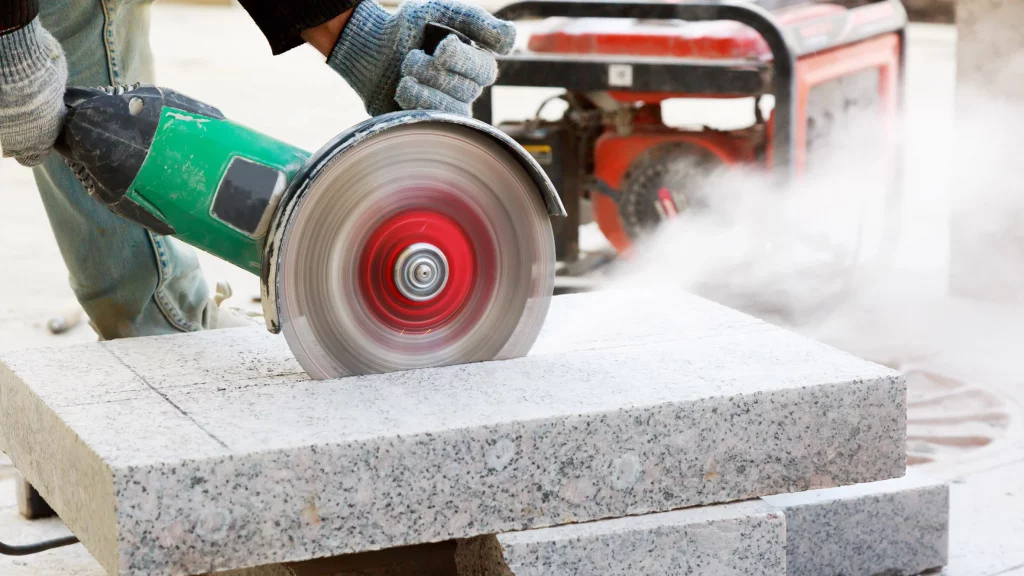
In the evolving landscape of home aesthetics, engineered stone, often referred to as quartz, countertops have emerged as a coveted choice for their durability and diverse designs. However, beneath their surface beauty lies a grave health hazard for workers involved in their manufacture, predominantly due to exposure to silica dust when fabrication takes place in a “dry” shop environment . This issue has raised significant health concerns, leading to severe conditions like silicosis, a relentless and untreatable lung disease that has been afflicting workers who handle the cutting, grinding, and polishing of these surfaces.
NPR’s investigative reports have shed light on the dire situation, highlighting the story of individuals like Jose Martinez, whose lives have been drastically altered by the development of silicosis due to prolonged exposure to silica dust in the workplace. The stark reality of these health risks has prompted a critical reevaluation of industry practices and the materials used in countertop manufacturing.
In response to the growing concerns over the health implications of silica dust exposure, Australia has taken a pioneering step by banning engineered stone, recognizing the unparalleled risks posed by the material’s high silica content. The ban originally scheduled to take effect July 1, has now been amended to be in place effective December 31, 2024 to allow for the industry to transition away from Engineered stone. This landmark decision underscores the urgency of addressing the health hazards associated with engineered stone and the need for safer alternatives.
Amidst these developments, acrylic solid surface materials, such as those offered by brands like Corian and LX Hausys, have emerged as a viable and safer alternative. Unlike engineered stone, these materials are crafted from a blend of acrylic polymer and natural minerals, significantly reducing the risk of silica dust exposure during their manufacturing and fabrication processes. The lower silica content in these materials presents a compelling option for both the industry and consumers, aligning aesthetic preferences with ethical manufacturing practices that prioritize worker safety.
The industry’s adaptation to these challenges, including companies like Caesarstone exploring alternative products to maintain their presence in markets like Australia, highlights the viability of safer materials in the global marketplace. This shift not only reflects a commitment to worker safety but also opens a dialogue about the role of consumers in advocating for ethical and sustainable production practices.
The narratives and investigations into the health risks associated with engineered stone countertops serve as a potent call to action for regulators, employers, and consumers. By prioritizing safety and health in the countertop manufacturing industry, there is a hopeful vision for a future where home aesthetics do not come at the cost of human lives. For a detailed exploration of this critical issue, NPR’s coverage offers comprehensive insights into the personal and industry-wide repercussions of silica exposure, emphasizing the need for immediate and concerted action to safeguard the well-being of workers in the industry.


